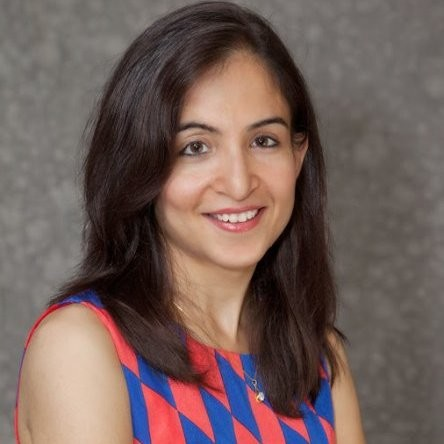 Dr. Bobby Abrol, Lead – Developing Teachers – Tata Trusts
Dr. Bobby Abrol, Lead – Developing Teachers – Tata Trusts
Education has always been an instrumental cornerstone for imparting knowledge, enabling the progress of individuals and the societies they inhabit. But today, when an abundant amount of information is readily accessible at the click of the mouse, education pedagogies must undergo a paradigm shift from merely imparting knowledge to providing innovative and more effective learning. More than purveying information, the teacher’s challenge is to instil attitudes and competencies such as innovative and critical thinking, collaboration and adept communication – critical to thrive in the contemporary 21st century world. The question arises: How can teachers enrich the learning process to make it more engaging and meaningful?
In the context of school education where learning is central to children’s experience, traditional teacher-directed pedagogies that are meaningless and lifeless continue to be deployed. But changing times require teacher/educators to transform into facilitators as students acquire greater control of their own learning. Against this backdrop, experiential teaching can better engage increasingly curious students of the 21st century.
A revolution in K-12 education, Experiential Learning Pedagogy (ELP) enables children to learn through meaningful real-life experiences in familiar environments. Encouraging them to “learn by doing” and reflect on their experiences, helps students harness the power of creativity, communication, collaboration, and critical thinking preparing them to survive and prosper in the 21st century. ELP doesn’t restrict students to passively listening to teachers; it requires them to become physically involved in the teaching-learning process to acquire better grasp of subjects through enjoyable employment of multiple intelligences.
“What if, students of grade 9 from the remotest tribal village school in Tripura learn about parabola while playing and estimating the projection of a football when they play football on the ground? What if, children from Grade 6 in a small village 160 km away from Gondia in Maharashtra imbibe the Hindi poem, Sathi Hath Badhana, by conducting morning assembly, supporting and helping their classmates? What if, children from a tribal school at Telukapally, Telangana, learn about the Godavari River, the states it passes through, and agricultural activities around the river through drawing the river’s course on the map of India with rangoli?” [Source: Evaluation Research Study on the Experiential Learning Course by Dr Mrinal Patwardhan, Tata Trusts]
The environment fostered by experiential learning creates a continuous cycle of learning that begins with experiences that lead to reflection, experimentation and ultimately more experiences that help students and educators to enliven the teaching-learning process.
Recent research by McKinsey (2021) endorses that children learn better through experiential learning, with an average knowledge retention rate of 65 percent, over six multiples of traditional lecture-style learning. For educators as well, our experience with a two-month online interactive ELP training course for Eklavya Model Residential Schools indicates that teachers’ motivation and morale greatly improve through experiential learning.
ELP that follows a systematic framework of asynchronous and synchronous study through virtual webinars, practice-based assignments, followed by reflective sessions, has successfully kindled teachers’ eagerness to learn more about experiential learning. Moreover, by training teachers with the pedagogy that they are expected to adopt, the program has been monumental in furthering teachers’ conviction in this paradigm. This has encouraged them to integrate the ELP philosophy in their teaching – from designing small class activities, devising short ELP-based lesson plans on paper, executing plans for minor topics, to eventually conceptualising ELP-based activities across modules.
Apart from guiding teachers through the self-learning process, showcasing the framework and multiple advantages of ELP, and helping them to teach all subjects experientially, this pedagogy also empowers educators to collaborate with other subject teachers, develop integrated, interdisciplinary lesson plans, abandon traditional subject boundaries and ultimately revolutionise education by prompting holistic knowledge building.
Given these takeaways of ELP for students, educators, and the education sector overall, there is a compelling case to integrate experiential learning in all classrooms. With teachers continuing to being pivotal for education delivery, it is critical to onboard them with the know-how to embrace experiential learning and give impetus to this holistic transformation that is reshaping the landscape of education today.
The National Education Policy (NEP) 2020, accords great emphasis on experiential, holistic, learner-centric and discussion-based pedagogy. Yet these drastic transformations of pedagogy and environment are dependent on teachers to a large extent. Therefore, Professional Teacher Development (TPD) programs need to evolve simultaneously. Teachers need to teach with head and heart. Consequently, teachers should receive joyful and holistic experiences, which resonate with their beliefs, emotions and empowers them to innovate their own pedagogical strategies. A lecture – based TPD program dictating teachers or handing them with ready-made lesson plans will not serve that end.
Also read: NEP 2020 implemented in school foundation stage, phased in higher education























